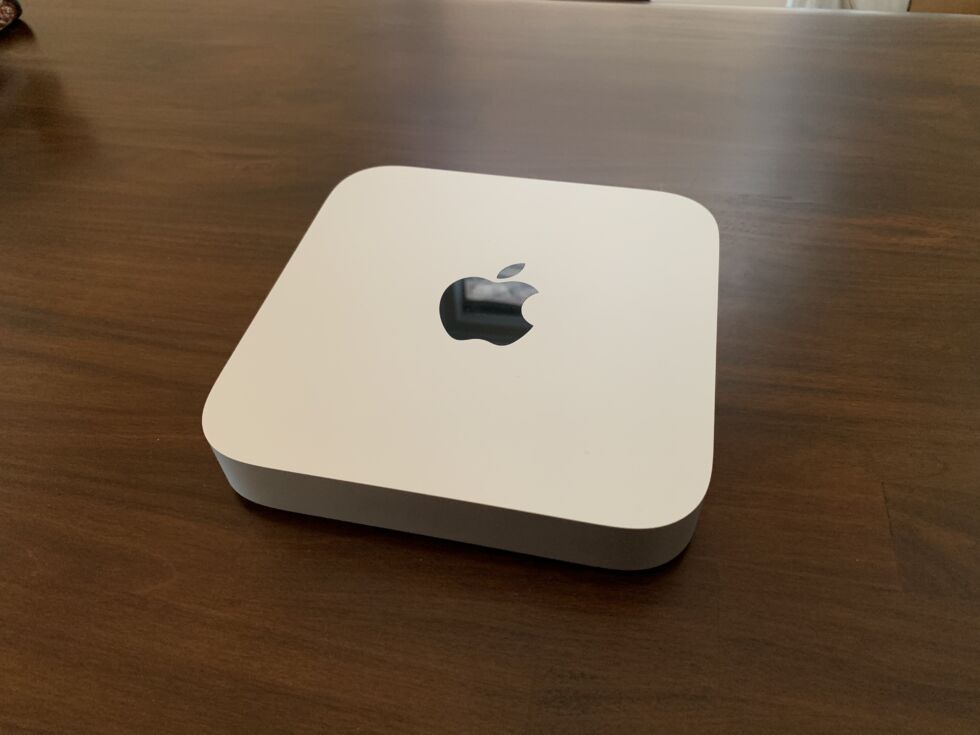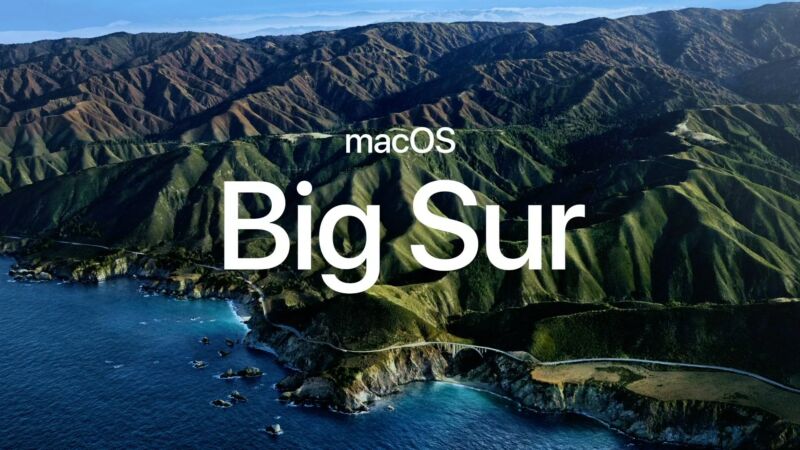-
 chevron_right
chevron_right
Mac mini and Apple Silicon M1 review: Not so crazy after all
Samuel Axon · news.movim.eu / ArsTechnica · Thursday, 19 November, 2020 - 14:03

The 2020, M1-equipped Mac mini. [credit: Samuel Axon ]
Apple is crazy, right? The Mac just had its best year of sales ever, and Cupertino is hitting the platform with a shock like it hasn’t had in nearly 15 years—back in a time when the Mac was not having such a good year. Apple is beginning the process of replacing industry-standard Intel chips with its own, custom-designed silicon.
In a way, we're not just reviewing the new Mac mini—a Mac mini is always a Mac mini, right? We're reviewing an ARM-based Mac for the first time. And this is not exactly the same story as all the other ARM machines we've looked at before, like Windows 10 on ARM—a respectable option with some serious tradeoffs.
Sure, longer battery life and quick waking from sleep are already out there on other ARM computers. But as you may have seen in our hands-on earlier this week , what we're encountering here is also a performance leap—and as you'll also see in this review, a remarkable success at making this new architecture compatible with a large library of what could now, suddenly, be called legacy Mac software.

